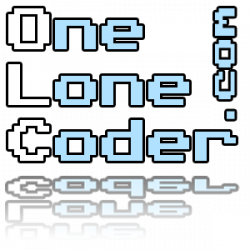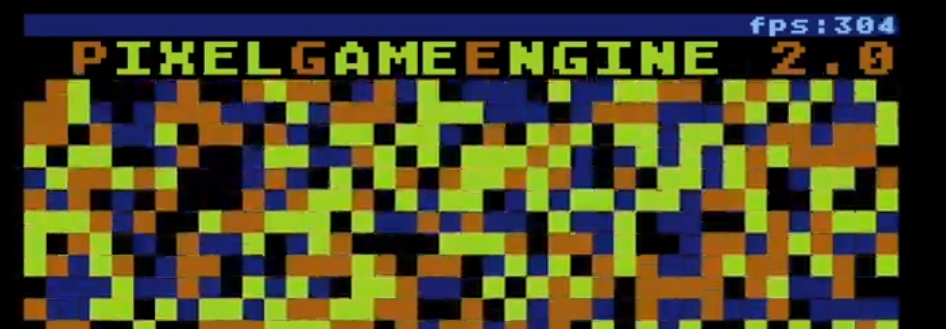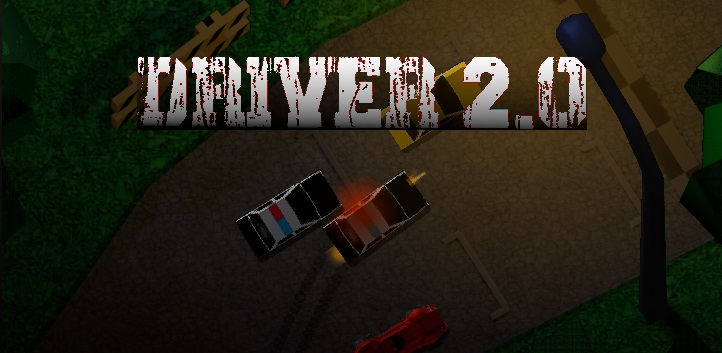I’m very found of the Atari 8-bit machines and the Atari ST. When I saw the PixelGameEngine (PGE for the rest of this text) i thought why not port it? I started to look at the Atari ST. Using my own 520 STM as a the target machine.
I soon realised that a regular port wouldn’t cut it. My first attempt was to remove a lot of stuff just to get it to compile. The first PGE binary needed a 4 MB machine. Not even close for my 512kB target machine. In the test program all graphics routines is written from scratch and that is because of the bit plane situation, more on that below.
Before we dig deeper let’s look at the hardware.
Continue reading “The olcPixelGameEngine for Retro Platforms Part I”



